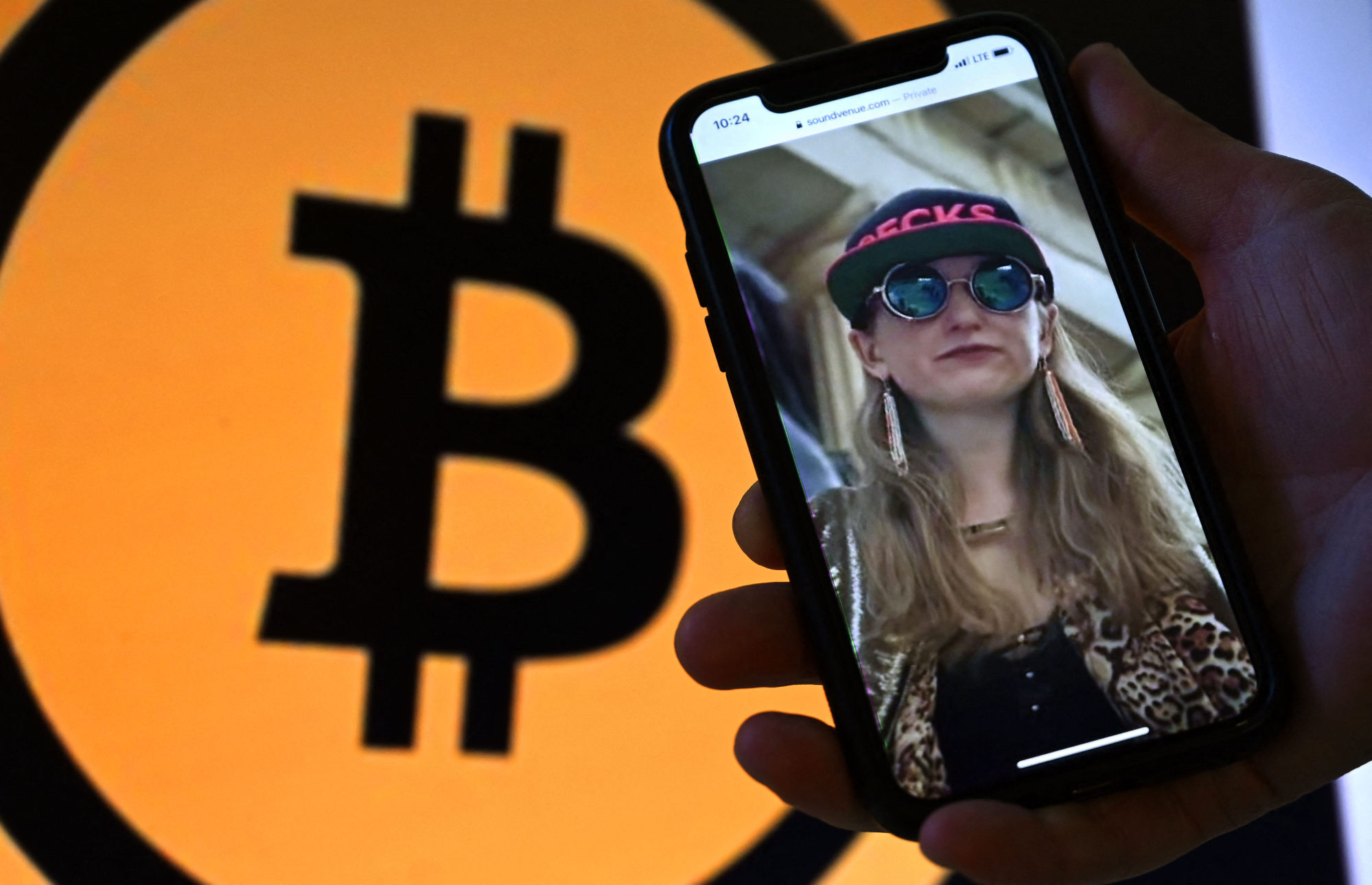
It is about time that Legco moves to act on cryptocurrencies
- The job of regulators is to assess risks, protect investors and ensure market integrity.
- A bill being prepared for the Legislative Council that is expected to bar retail investors from trading such currencies is both timely and welcome
The Wild West of cryptocurrencies is coming to an end. Mainland China has already outlawed their trading and mining. Many other countries are following suit or at least planning tough regulations.
Hong Kong, too, is introducing new rules and regulations through the Legislative Council, such as licensing exchanges and traders to deal with such currencies. It is expected a bill being prepared for the Legislative Council will bar retail investors from trading such currencies.
It is about time.
As if to underscore how risky such so-called investments are, American authorities have recovered a record sum of more than 94,000 bitcoin – currently valued at US$3.6 billion – stolen from a Hong Kong virtual exchange in 2016.

A New York couple, Ilya Lichtenstein, 34, and his 31-year-old wife Heather Morgan – who has enjoyed a high-profile TikTok presence – have been arrested and charged for allegedly trying to launder some of the bitcoin.
The heist in Hong Kong is one of several that have raised alarm bells about the security of cyber-currencies and the hitherto unregulated exchanges that trade them.
The Financial Services and the Treasury Bureau will table the new bill to Legco after some delay. In about a year-and-a-half since the proposal was first released, the prices of cryptocurrencies have gone through several booms and busts.
Bitcoin is about 50 per cent off its November peak. Their high volatilities are useful for speculators, just as their hidden trails are valued by criminals and money launderers. They are, however, not for the proverbial mums and pops.
Regulators in the United States are becoming increasingly vocal about the need to regulate cryptocurrencies. Russia, the third-most active cryptocurrency mining hub after the US and Kazakhstan, now wants to follow China and ban their mining and unregulated use.
US seizes US$3.6 billion in bitcoin stolen from Hong Kong exchange
The recent financial fad in auctioning non-fungible tokens (NFTs) such as those in the form of proprietary artworks have given cryptocurrencies such as Ether a temporary boost.
But it is clear that their high-profile trades with millions of dollars at stake have benefited mostly insiders. As with the recent stock market correction, more sobriety has been injected into NFT trading.
Often, we hear professionals arguing whether cryptocurrencies constitute an asset or commodity class, and whether their dealings amount to gamble or investment. Somehow, their answers are supposed to have a bearing on whether it is the business of regulators to interfere at all. In reality, all that is just academic.
Regulators do not need to take a view on such issues. Their job is to assess risks, protect investors and ensure market integrity. The new rules for exchanges and operators on how they should conduct themselves in Hong Kong are therefore timely and welcome.

